
Movie
1st Kyoto Conference: Keynote Speech Video
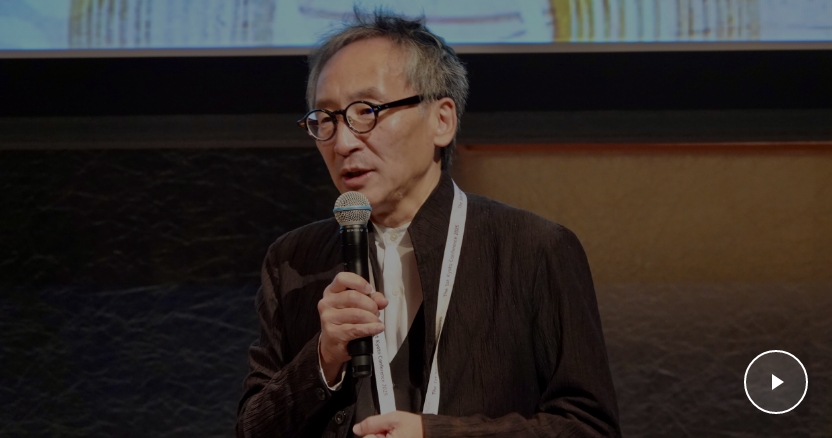
Kyoto Conference Keynote Speech
by Co-chair Deguchi
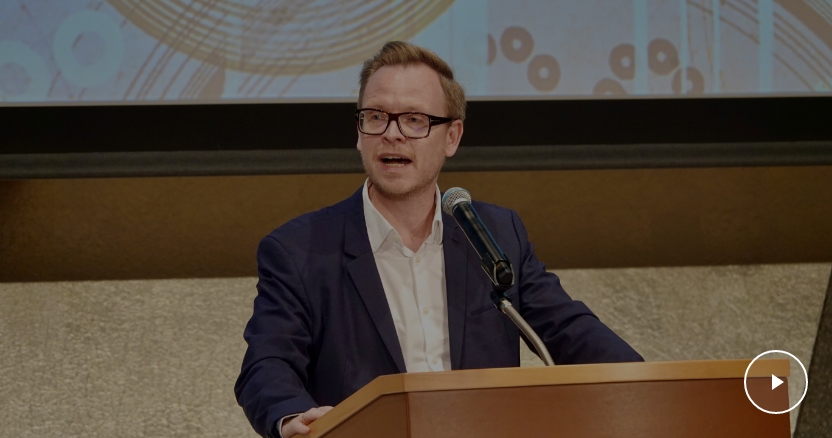
Kyoto Conference Keynote Speech
by Prof. Markus Gabriel































News / Articles

NTT Chairman Sawada appears on radio to discuss the Inaugural Kyoto Conference and KIP’s founding
Jun Sawada, Chairman of NTT and Co-chairperson of the Kyoto Institute of Philosophy, will appear on Radio N…
2026.02.24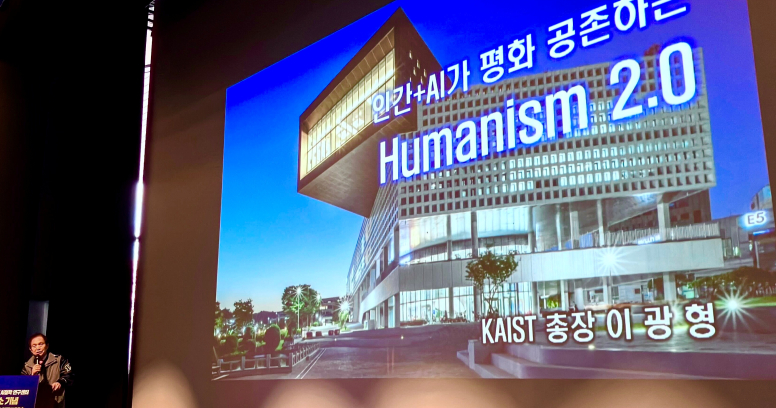
Prof. Deguchi and Dr. Takagi speak at symposium celebrating establishment of KAIST AI philosophy research center
Professor Yasuo Deguchi, a professor at Kyoto University and Co-Chairperson of the Kyoto Institute of Philo…
2026.02.22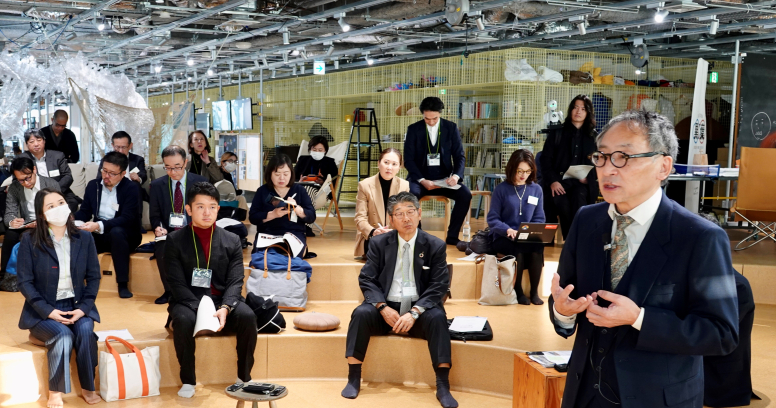
Report session about Kyoto Conference outcomes held in Tokyo; 35 participants engage in lively exchange of views
On December 16 last year, the Kyoto Institute of Philosophy held a report session reflecting on the first K…
2026.02.11
New paper by Dr. Samuel Mortimer published in Mind
We are delighted to announce that Dr. Samuel Mortimer—Research Fellow at the Kyoto Institute of Philosophy …
2026.01.01
Collaboration with Portuguese academic institutions: Building a foundation for network development — Prof. Deguchi, Prof. Gabriel visit three cities
Professor Yasuo Deguchi (Kyoto University), Co-Chairperson of the Kyoto Institute of Philosophy (KIP), and …
2025.12.23Kyoto Conference
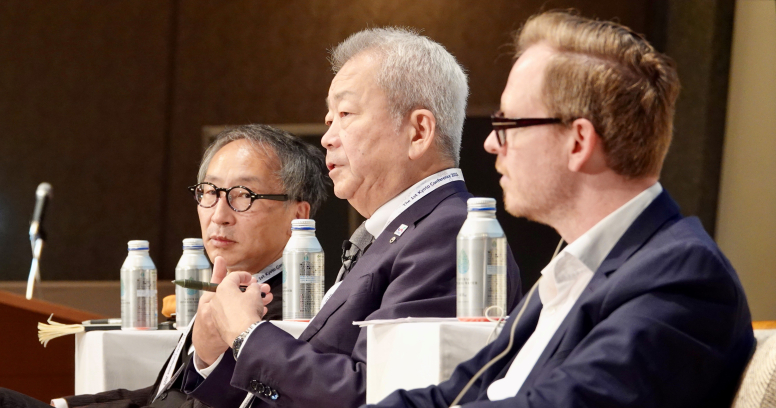
Highlights from the Kyoto Conference 10: Praise for new approach to industry-academia dialogue, growing anticipation for the second Kyoto Conference: Closing session
Two keynote lectures, nine panel discussions including lunch sessions, and roundtable sessions where partic…
2026.01.29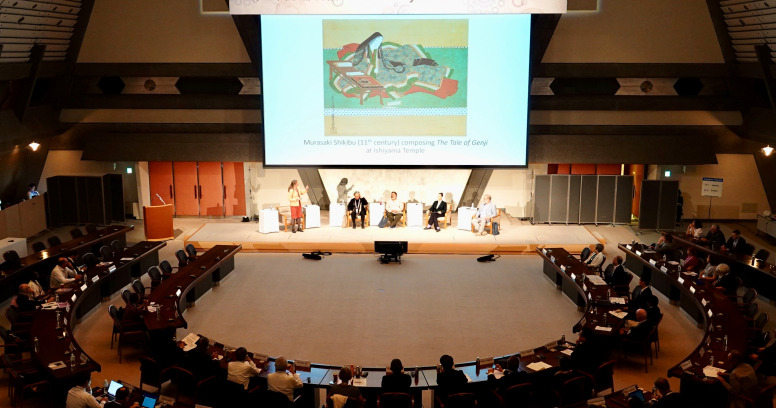
Highlights from the Kyoto Conference 9: Culture and the arts, where value begins: What perspectives are essential for building networks?: Panel discussions Part 3
After a night’s rest, the Inaugural Kyoto Conference entered its second day. As late September set in, the …
2026.01.21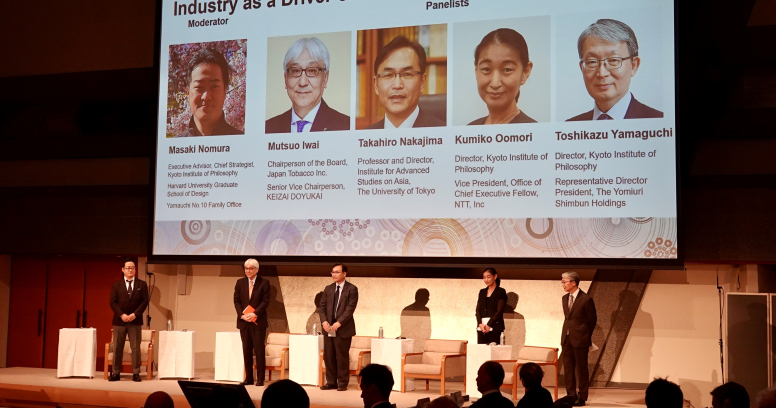
Highlights from the Kyoto Conference 8: Industry takes on philosophical debate: What are “capitalism” and “human relationships”?: Panel discussions Part 2
In Panel Discussions 1 and 2, positioned as Part I of the Inaugural Kyoto Conference, ten experts from the …
2026.01.15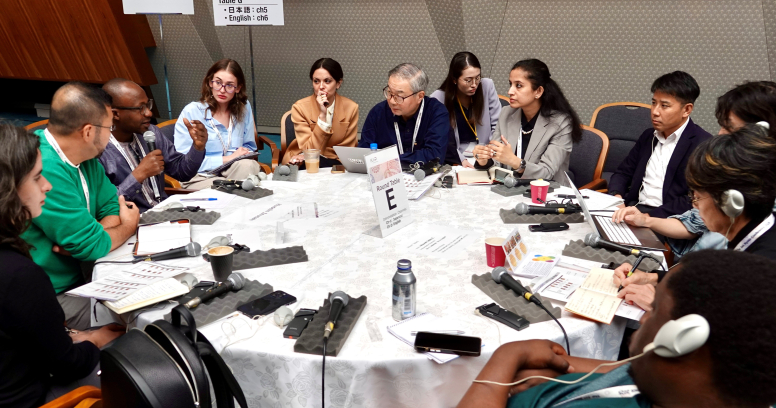
Highlights from the Kyoto Conference 7: Around 70 participants share perspectives in an international setting — small-group dialogues embodying an “empty-centered” approach: Roundtable Part 2
The roundtable sessions were held through mutual dialogue among participants at seven tables across two ven…
2025.12.24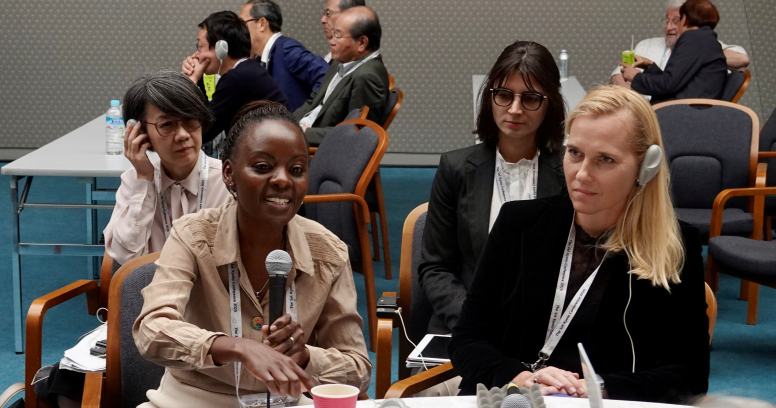
Highlights from the Kyoto Conference 6: Savoring the “contingencies” around the roundtable: Experiencing the appeal of unscripted dialogue: Roundtable Part 1
The roundtable sessions were designed as special venues where participants could directly experience the un…
2025.12.17Executive
Members





